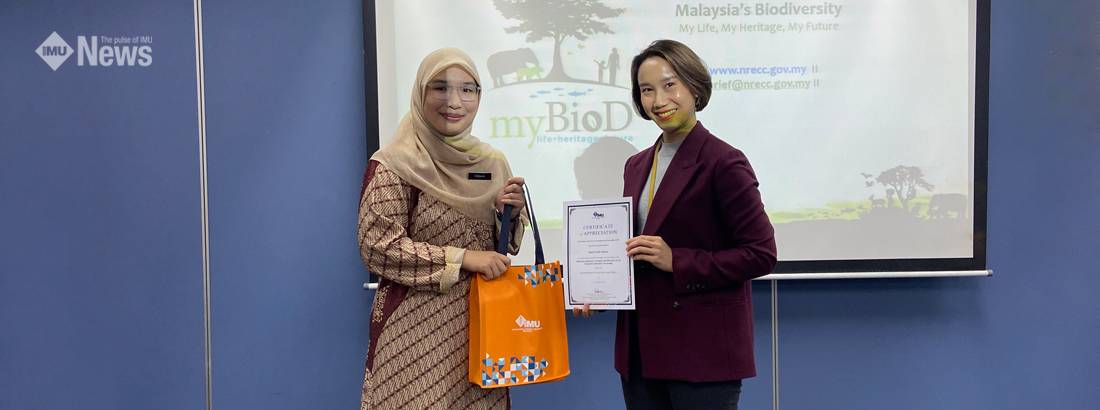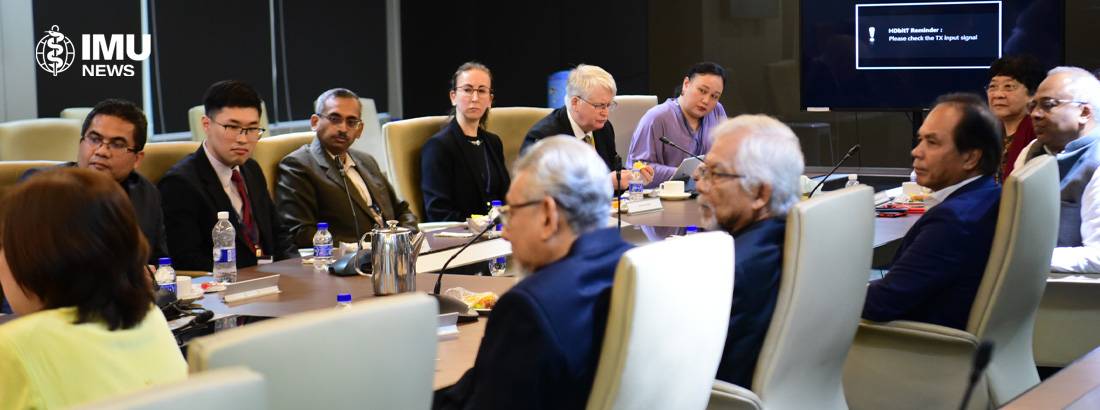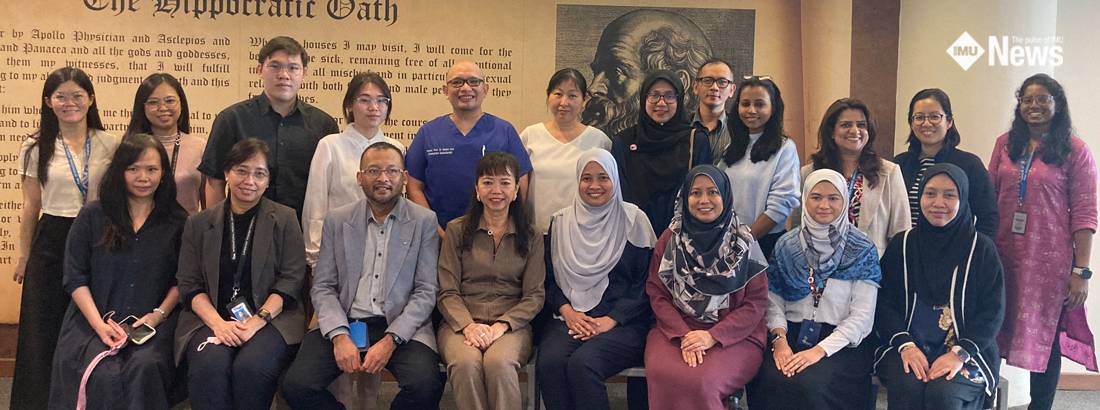On 4 & 5 October 2023, the IMU’s Institute for Research, Development and Innovation (IRDI) Research Lab successfully organised a workshop on Infectious Substance Transport and Biosafety in the Research Laboratory. The workshop attracted 30 participants from various backgrounds ranging from students and lab analysts to research officers from various R&D institutes and universities in Malaysia.
Six Eminent Speakers of the Workshop
A/Prof Dr Priya Madhavan (Taylor’s University)
A/Prof Dr Kenny Voon [University of Nottingham Malaysia (UNM)]
Kayathri Panjavarnam and Pn Azareena Yahya [(Department of Biosafety Malaysia (JBK)]
Pn Nur Farahin [Ministry of Natural Resources, Environment and Climate Change (NRECC)] and
Pn Nur Afizah (National Public Health Laboratory)
A/Prof Dr Priya and Pn Nur Afizah also served as facilitators for the hands-on training session of the workshop.
The workshop aimed to equip researchers and laboratory personnel with the skills to handle and package potentially dangerous infectious substances. This includes the preparation and processing of the correct packaging and documentation to reduce risks to themselves and those around them.
Participants were provided with information and hands-on training on biosafety guidelines and regulations in Malaysia, as well as the classification, packaging and labelling of relevant dangerous goods, such as those used in medical research and diagnostic fields.
The main focus of the workshop was to promote and create awareness of local and international shipment regulations among the participants. The workshop also provided an overview on safe and efficient handling practices in the laboratory under biosafety and biorisk management.
First Day of the Workshop
Dr Tan Boon Keat, Acting Head, Research Lab & Support Services, welcomed the speakers and participants with a brief introduction to the workshop. This was followed by a session by Ms Kayathri and Pn Azareena from JBK on biosafety regulations in the country and working with Living Modified Organisms (LMOs) in the laboratory, respectively. Ms Kayathri also shared in detail the regulations that cover the release, importation, exportation and contained use of LMOs, and the release of products of such organisms, with the objectives of protecting human, plant and animal health, the environment and biological diversity.
Pn Afiza then shared her experience concerning biosafety and biosecurity management and practices implemented in the National Public Health Laboratory.
To kick-off the afternoon session, A/Prof Dr Priya discussed the documentation, labelling and handling of infectious substances before participants were divided into groups to try their hand at packaging substances based on different shipping scenarios. A range of materials, including overpacks, leakproof packaging, absorbent packing material, labels and sample containers were on display for participants to select according to the ‘dangerous good’ they were meant to pack.
With A/Prof Dr Priya’s and Pn Afiza’s guidance, each group presented to the room their packaging of choice and justification based on what they have learnt from the workshop, sharing their concerns and clarifying any issues with the facilitators.
Second Day of the Workshop
Pn Farahin from the NRECC provided an update on the latest guidelines on local and international access to Malaysia’s biological resources, especially pertaining to the export of human and environmental samples. Finally, A/Prof Dr Kenny (UNM) shared his experience and knowledge on COVID-19 sample handling and disposal, including converting the IMU Research Laboratory into a Diagnostic Laboratory to assist with sample screening at the height of the pandemic.
Following each session, participants were delighted to win an attractive prize by answering a quiz to assess their knowledge and understanding. The workshop was engaging and participants demonstrated their enthusiasm and persistence in learning the proper ways to transport infectious substances and dangerous goods.
The workshop ended with closing remarks by Dr Nur Alia Johari (IRDI, IMU), in her capacity as the Organising Chairman, and certificates of attendance were awarded to all participants. We would like to thank the organising committee members, speakers, sponsors, and participants for making this workshop such a success.






No approved comments.